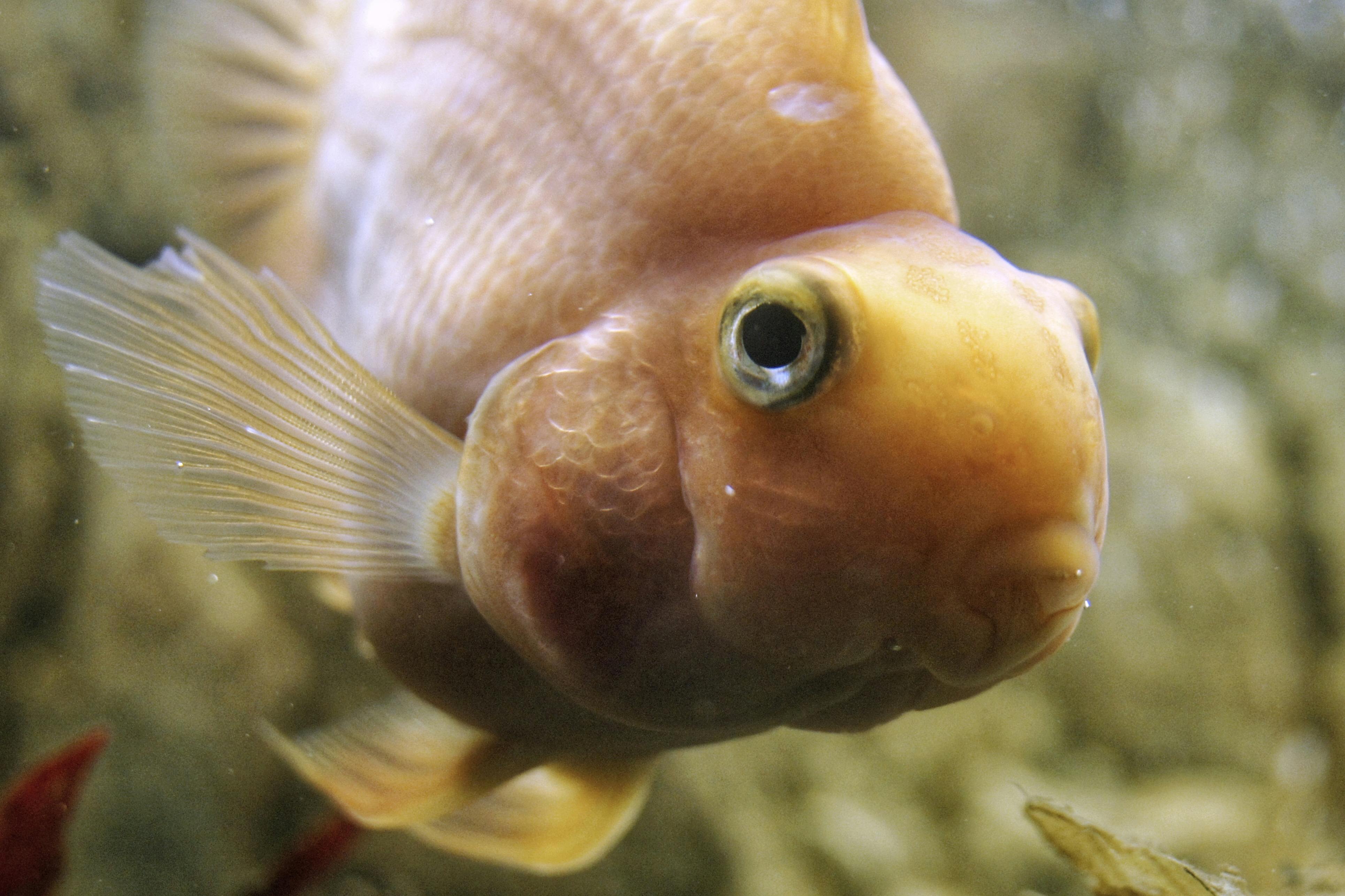Effective Methods for Improving Your Fish Tank Filter System in 2025

Smart Ways to Optimize Your Fish Tank Filter System in 2025
Maintaining a healthy aquarium requires attention to several factors, with filtration being paramount. An efficient fish tank filter system ensures clear water, reduces toxins, and supports the well-being of aquatic life. In 2025, advancements in filtration technology and an increasing awareness of the benefits of proper aquarium care position fish tank filters more crucial than ever. This article will outline smart strategies for optimizing your aquarium filter system, highlight various filter types, and provide practical maintenance tips for fish tank enthusiasts.
With effective filtration mechanisms, your aquarium will achieve better water quality, enabling a thriving ecosystem. By the end of the article, you will be equipped with essential knowledge on fish tank maintenance, different filter types, and expert recommendations to enhance your aquatic environment.

Essential Components of Your Aquarium Filtration System
Building on the importance of proper filtration, it's crucial to understand the different components of an aquarium filtration system. There are various types of filters available, including internal filters, external filters, and canister filters, each with its advantages. Additionally, understanding filtration stages—mechanical, chemical, and biological—is essential for ensuring your fish thrive in a clean environment.
Understanding Filter Types for Aquariums
Choosing the right fish tank filter is fundamental. Internal filters are ideal for smaller tanks, providing a compact solution with satisfactory mechanical and biological filtration. In contrast, external filters, like canister filters, offer enhanced filtration for larger setups. They can house various filter media, making them customizable for specific needs.
Mechanical vs. Biological Filtration
It's important to distinguish between mechanical and biological filtration within your aquarium environment. Mechanical filtration removes debris and particulate from the water, keeping it clear. Biological filtration relies on beneficial bacteria that break down toxic compounds like ammonia and nitrites. Understanding these processes helps in optimizing the filtration efficiency of your system.
Integrating Energy-Efficient Filters
With advancements in technology, energy-efficient aquarium filters have become increasingly popular. These filters reduce electricity consumption while maintaining optimal filtering capability. Investing in an energy-efficient quiet fish tank filter not only supports a sustainable approach to fish keeping but also saves money in the long run.
Effective Filtration for Improved Aquarium Water Quality
With an understanding of filtration components, the next critical aspect is ensuring the water quality in your aquarium remains pristine. Poor water quality can lead to health issues for your fish and can upset the overall balance of an aquatic environment.
Maintaining Aquarium Water Quality
Regular water testing is essential to evaluate parameters such as pH, ammonia, nitrite, and nitrate levels. Keeping these toxic compounds in check ensures the health of your fish. Additionally, using proper filter media for fish tanks like sponge filters and carbon can significantly improve water quality.
Implementing a Consistent Cleaning Schedule
A cleaning schedule also plays a vital role in maintaining filter effectiveness. Regular filter cleaning and media replacement are necessary to prevent clogging and ensure proper water flow. Create a cleaning routine to check the filtration system monthly or quarterly, depending on tank usage.
Enhancing Filtration Efficiency
Utilizing a multi-stage filtration system enhances the effectiveness of your aquarium filter. Incorporating different types of filtration media can help eliminate harmful substances more effectively and improve overall water clarity. Consider adding bio-wheels or ceramic rings within your filter system for advanced biological filtration.
Advanced Filtration Techniques for Successful Aquatic Environments
Taking your filtration system to the next level means exploring advanced techniques and technologies available to modern fish keepers. These innovations can optimize your aquarium's filtration and ensure a thriving aquatic ecosystem.
Utilizing Selective Filtration Methods
Selective filtration methods allow finer control over water quality. Applying different types of media targets specific compounds. For instance, granular activated carbon can remove chemical impurities, while sponge filters provide mechanical filtration—essential for creating the ideal habitat for your fish.
Automated Filtration Solutions
In 2025, automated solutions for filtration will be more prevalent, allowing hobbyists to monitor water conditions remotely. These systems can automatically adjust filtration rates based on real-time water quality readings, ensuring an efficient and effective filtering process.
Addressing Common Filter Issues
Being proactive about common filtration issues is crucial. Keeping an eye out for problems like blocked filter intakes or decreased water flow can save you from more extensive consequences later. Regularly inspect your filter systems and maintenance plans to troubleshoot potential issues.

Q&A: Essential Queries About Aquarium Filtration
What is the best fish tank filter for beginners?
For beginners, internal filters are highly recommended due to their ease of maintenance and installation. They cater well to smaller aquariums, providing reliable filtration management. However, you should assess the size of your tank before making a choice.
How often should I replace filter media?
The frequency of filter media replacement depends on the type and usage of your aquarium. Generally, mechanical filter media should be changed every 4–6 weeks, while biological media may last longer, provided it’s cleaned gently to maintain beneficial bacterial colonies.
Can using more than one filter improve water quality?
Yes, using multiple filters can significantly enhance water quality, especially in larger tanks or aquariums with a high bioload. This approach allows for better distribution of filtration types, improving the overall filtration efficiency and water clarity.
What to look for in filter cleaning supplies?
When shopping for cleaning supplies, prioritize items designed for aquariums, specifically those that are safe for fish and plants. Look for non-toxic cleaners or consider DIY solutions with vinegar or gravel vacuum systems that can effectively help maintain cleanliness without chemicals.
How do I set up a filtration system?
Setting up a filtration system begins with determining your aquarium's size and needs. Select an appropriate filter type that matches your tank's volume and water conditions. Install the filter according to manufacturer instructions, ensuring correct flow orientation, and add the suitable filter media before starting the pump.
Conclusion: Future-Proofing Your Aquarium Filter System
Optimizing your aquarium filter system in 2025 involves a blend of understanding the technology, maintaining water quality, and adapting to advanced practices in the hobby. Keeping abreast of filter advancements, consistent care routines, and regular monitoring will ensure a successful and healthy environment for your fish. By applying these smart strategies, you can create a thriving aquatic habitat that not only looks beautiful but also promotes the health and well-being of your fish.